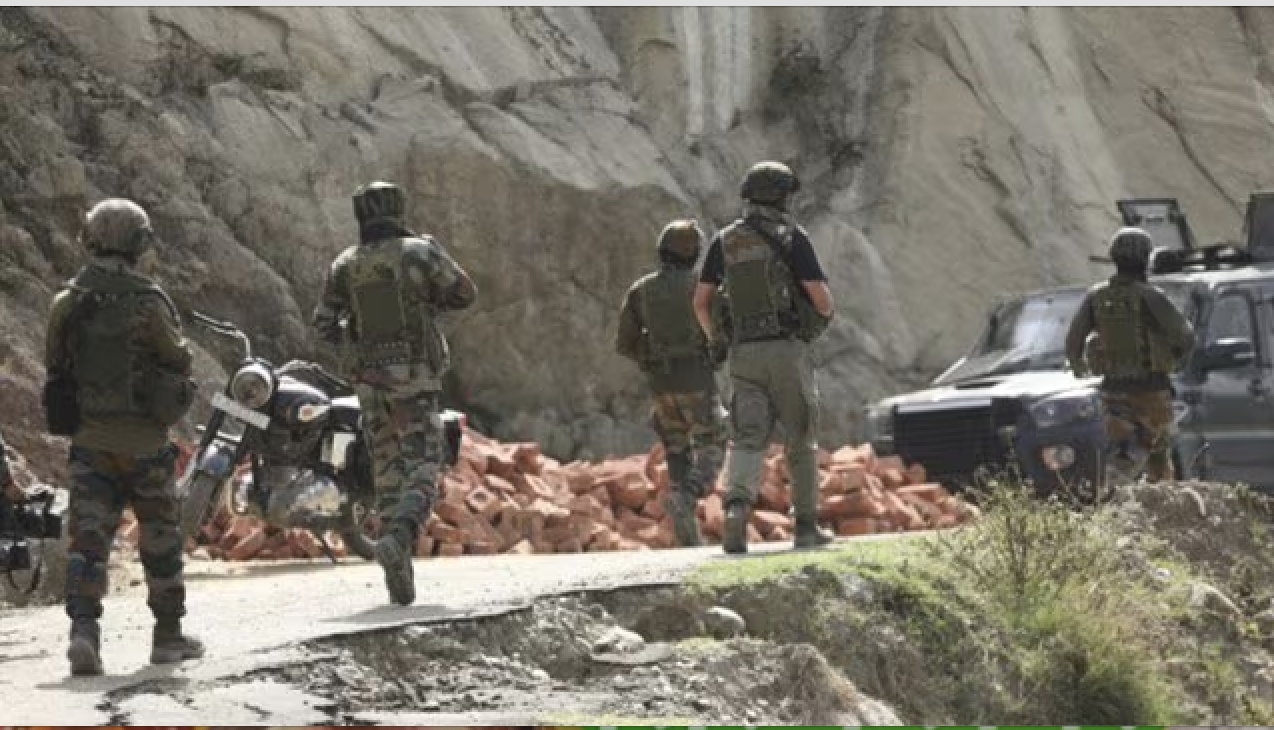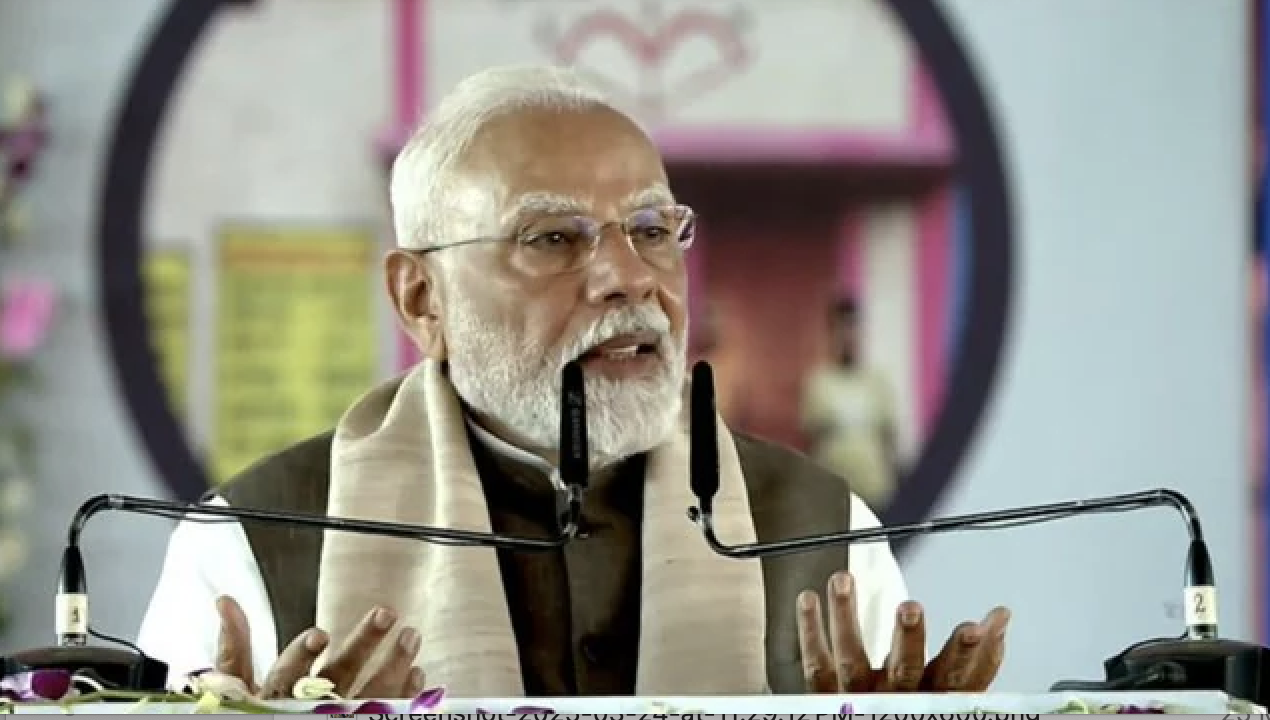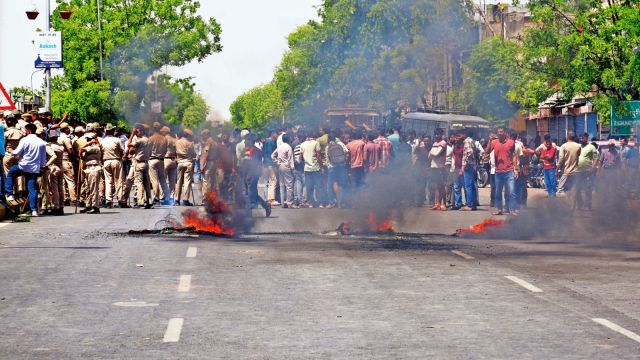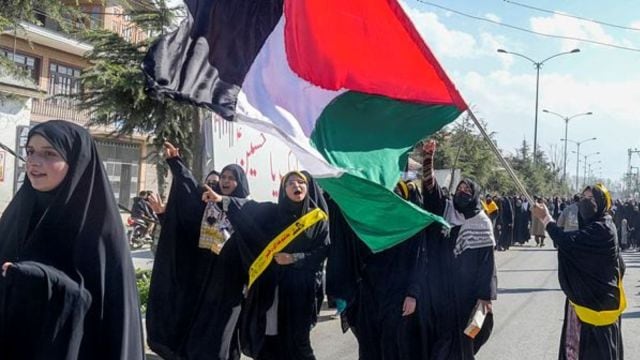Kolkata: West Bengal has witnessed 65 cases of communal violence in the past 18 months, with 30 cases in 2021 and 35 cases in 2022. Interestingly, even partial data has not been reported to the National Crime Records Bureau (NCRB).
Kolkata police, Diamond Harbour police, and Chandan Nagar police refused to give data to RTI activist Biswanath Goswami despite queries.
Goswami obtained this data through RTI queries filed with several police commissioners and district police authorities; about 12 such authorities provided data.
As per the data, the Howrah district police recorded 13 cases of communal violence in 2021 and 15 cases till June 2022, making it the district with the highest number of incidents in the state.
Krishnagar police station in the Nadia district came second with 13 recorded cases, and Asansol Durgapur police station recorded 10 cases of communal violence.
A communal incident involving at least 10 people injured is considered communal violence; rioting involves five or more people participating in the communal mayhem.
There have been 200 communal rioting cases in the state in the past 18 months, with Howrah Rural police recording 70 such cases and Howrah City police recording 59 such cases. 19 deaths occurred in communal rioting during this period.
Speaking with NewsClick, RTI activist Goswami noted that rioting cases tend to increase during the festive season.
Reacting to this development, the Communist Party of India (Marxist) (CPIM) state secretary MD Salim noted, “The consequence seems to make the Rashtriya Swayamsevak Sangh (RSS) very happy. Bharatiya Janata Party (BJP) might have lost the elections in the state, but the RSS line has won. Over the past 18 months, there have been more than 65 cases of communal violence resulting in the deaths of 19 people, which highlights the lack of efforts of West Bengal Chief Minister Mamata Banerjee to protect minority rights. The Central and state Governments seem to disregard such statistics.”
Salim further said, “Initially, Banerjee had denied the existence of communal incidents in the state, but after the Howrah riots, she acknowledged that a communal incident had indeed occurred and admitted to the police’s inaction and weakness. This cultivation of hatred has led to increased incidents of communal violence, which was previously unprecedented in West Bengal.”
Member of Parliament Adhir Ranjan Choudhury, leader of the Indian National Congress in the 17th Lok Sabha, called the incidents of omission and suppression of facts by the state government “most unfortunate.”
“The prevalence of communal violence in West Bengal indicates a significant issue with the state’s law and order situation. The ruling Trinamool Congress (TMC) and the opposition BJP appear to be using these incidents to gain political mileage and polarise voters. Moreover, the state’s reputation as a suppressor of facts has reached an alarming level. It is regrettable to see a state that is the birthplace of icons such as Rabindranath Tagore and Kazi Nazrul Islam plagued by such a large number of communal violence cases.”
In an interview with NewsClick, linguist and educationist Pabitra Sarkar expressed his concern about the rising incidents of communal violence in India, which he believes is driven by the right-wing’s desire for a Hindu-only country. He also criticised the suppression of facts by the state, calling it a crime that all should protest.
Sarkar pointed out that in cases of communal violence, ordinary citizens often take steps to stop the violence, but a group of people, along with the state, has conspired to undermine the rule of law and democracy in the country.
Former IPS officer Nazrul Islam also spoke to NewsClick and condemned data suppression to NCRB, which he believes is a crime. He called for action against the state government officials responsible for manipulating and suppressing data.
Biswanath Goswami, a socio-legal researcher and RTI activist, emphasised the importance of crime statistics for maintaining law and order and internal security. However, he pointed out that West Bengal’s long tradition of suppressing crime statistics has become more prevalent in recent years.
“This has resulted in the actual condition of law and order not being measured accurately. It poses a silent threat to the state’s law and order and intelligence for internal security, particularly given its international borders. Additionally, this suppression of data also harms the financial health and reputation of the state administration.”…
This story was originally published in newsclick.in. Read the full story here






